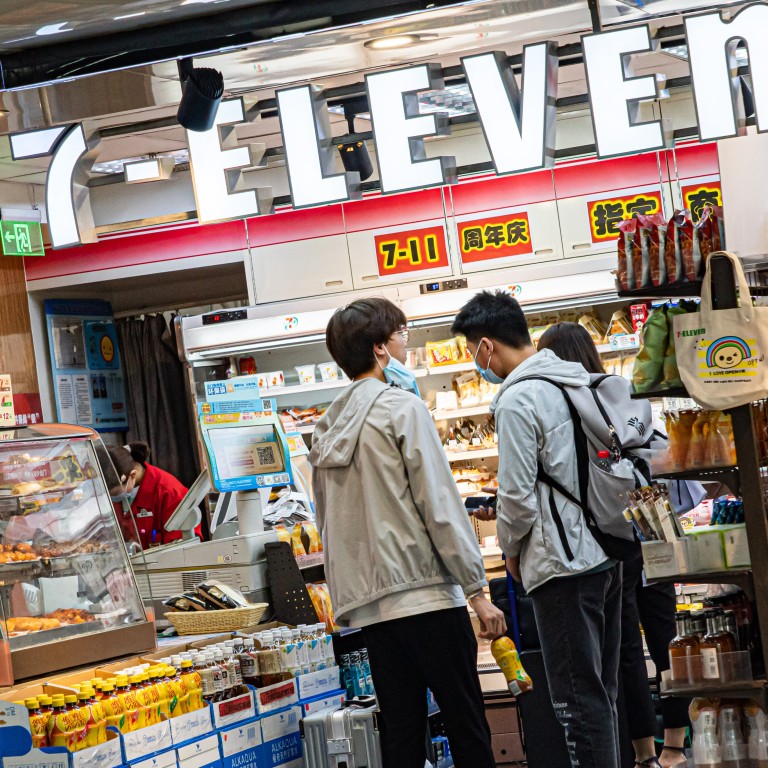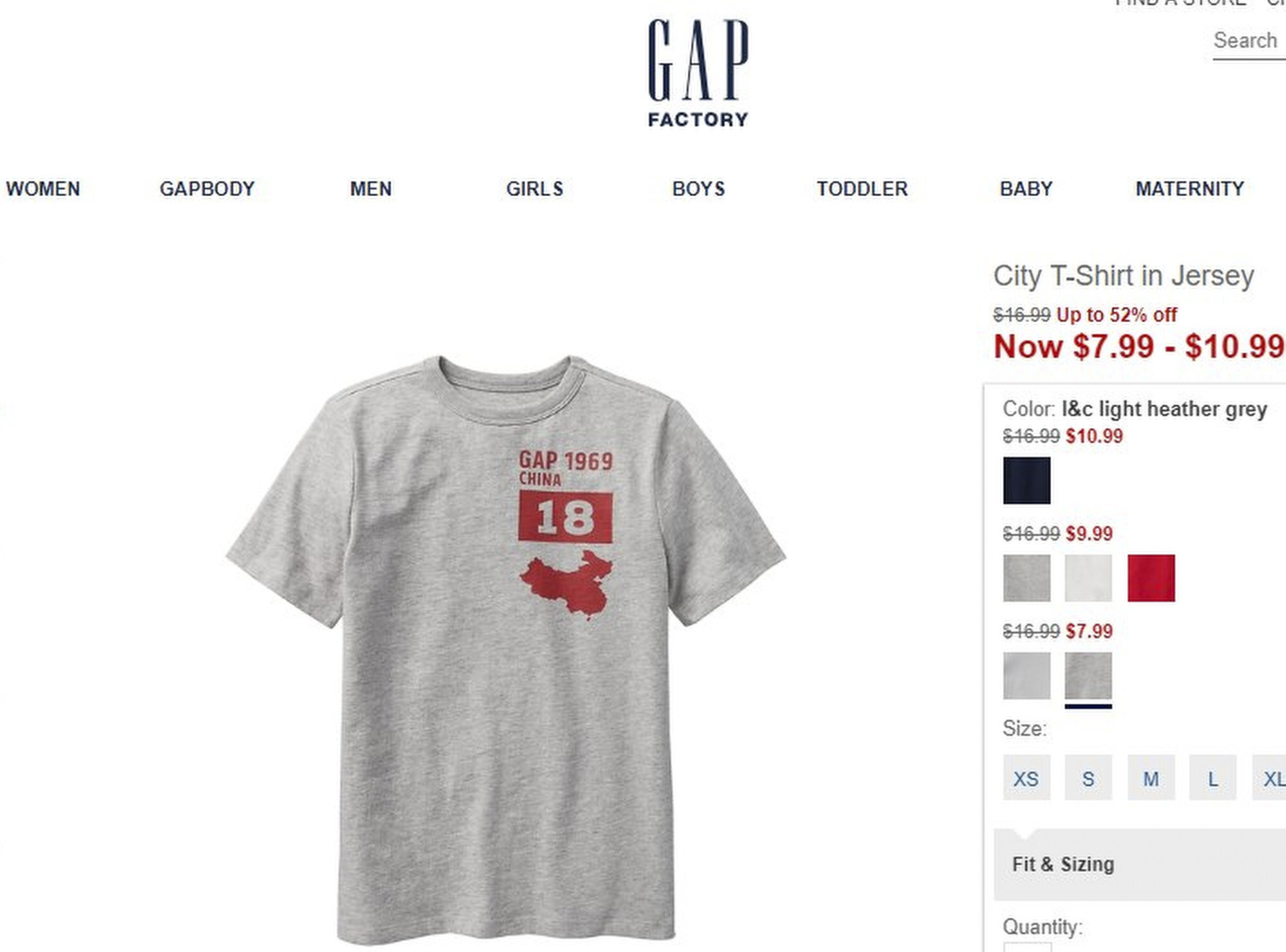
7-Eleven Beijing fined US$23,500 for ‘incomplete maps of China’ that ‘wrongly presented Taiwan’
- 7-Eleven Beijing ‘wrongly presented Taiwan province as an independent country’ and also did not include marks for disputed islands in the South China and East China seas
- Local authorities also identified inaccurate border lines in Aksai Chin area in the far west and southern Tibet – both of which China has disputes with India over sovereignty
The Beijing branch of global convenience store giant 7-Eleven has been fined 150,000 yuan (US$23,500) for displaying “incomplete maps of China”, according to an official notice.
The map used on the official website of 7-Eleven Beijing “wrongly presented Taiwan province as an independent country”, according to the official Credit China website.
Local authorities also identified inaccurate border lines in Aksai Chin area in the far west and southern Tibet – both of which China has disputes with India over sovereignty.
In addition to an official warning, 7-Eleven Beijing was fined 100,000 yuan for the flawed map on its website and 50,000 yuan for the offline version, according to the decision on December 21 by the Dongcheng branch of the Beijing Municipal Planning and Natural Resources Commission.
The news of the fine was only reported by local media in China this week, and 7-Eleven Beijing did not respond to request for comment.
In total, 7-Eleven Beijing manages over 260 stories in Beijing and over 140 in the neighbouring city of Tianjin, according to its website. The company was founded in January 2004, three months before it opened its first store, and is controlled by 7-Eleven (China), which is a subsidiary of Japanese firm 7 & i Holdings.
According to China’s Regulation on Map Management, which came into effect in 2016, all maps for public use must be submitted to authorities for examination, and no entity or individual can upload maps that contain elements outlawed by the nation onto the internet.

In recent years, amid China’s efforts to consolidate its rhetoric over controversial territories it claims and rising nationalist sentiment, various multinational companies have been caught in map disputes in China.
The map “hurt the dignity and emotions of the Chinese people”, said a Weibo post by the Chinese consulate in New York at the time.


